ITU ( The International Telecommunication Union) published the regulations text, that had been signed by the countries-members of this Union at the conference in Dubai. This regulation had not been changed since 1988 and it was expected that it will include several points about the Internet in the future. A number of countries, including Russia offered to allow ITU countries, according to this document, to regulate domain data and addresses in their countries. China, Iran, Sudan, Saudi Arabia, Alger, Bahrain was Russian allies, but their offer faced with a serious opposition.

“New regalement offers countries to develop their position according to the Internet question, it means technical issues and ITU state policy”, - said the press service of Russian Ministry of Communications on Friday. The resolution of ITU members charged MC general secretary with taking measures to allow RMC to play an active role in broadband communicating and Internet model developing, as it is said in the report. “The paragraph 3.8 reflects and juridically consolidate current situation in this sphere”, said the MC representative, “but the delegations from Canada, Australia and several other countries didn’t agree with it”.
The offer to give rights to national Internet regulating caused a kickback among the trade members. Google accused some countries of the intention to “get the Internet control”, that will cause( according to their opinion) a censorship. Though, during the conference Hamadoun Touré the MC general secretary said that the matter is not about the Internet contents controling and the Internet governance. The document is oriented on technical standards development for International telephony. It is not right to consider the ITU conference as a discussions of the Internet freedom, proves Andrey Kolesnikov, the president of the Coordinating Internet Domain Centre.
According to the information from Russian ministry of communications more than 100 countries signed the regulation. But the USA, Australia, Canada and a number of EU countries didn’t agree with this regulation, despite the most arguable articles about the Internet have been excluded. Countries that didn’t sign the contract will not follow this recommendations concerning issues about roaming, Internet etc.
Liked this post? Why not to Subscribe to Unblock Blocked Site news by Email for FREE

“New regalement offers countries to develop their position according to the Internet question, it means technical issues and ITU state policy”, - said the press service of Russian Ministry of Communications on Friday. The resolution of ITU members charged MC general secretary with taking measures to allow RMC to play an active role in broadband communicating and Internet model developing, as it is said in the report. “The paragraph 3.8 reflects and juridically consolidate current situation in this sphere”, said the MC representative, “but the delegations from Canada, Australia and several other countries didn’t agree with it”.
The offer to give rights to national Internet regulating caused a kickback among the trade members. Google accused some countries of the intention to “get the Internet control”, that will cause( according to their opinion) a censorship. Though, during the conference Hamadoun Touré the MC general secretary said that the matter is not about the Internet contents controling and the Internet governance. The document is oriented on technical standards development for International telephony. It is not right to consider the ITU conference as a discussions of the Internet freedom, proves Andrey Kolesnikov, the president of the Coordinating Internet Domain Centre.
According to the information from Russian ministry of communications more than 100 countries signed the regulation. But the USA, Australia, Canada and a number of EU countries didn’t agree with this regulation, despite the most arguable articles about the Internet have been excluded. Countries that didn’t sign the contract will not follow this recommendations concerning issues about roaming, Internet etc.
Liked this post? Why not to Subscribe to Unblock Blocked Site news by Email for FREE




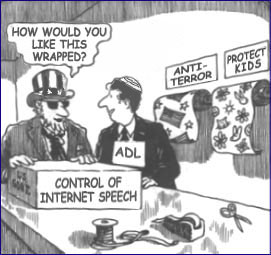
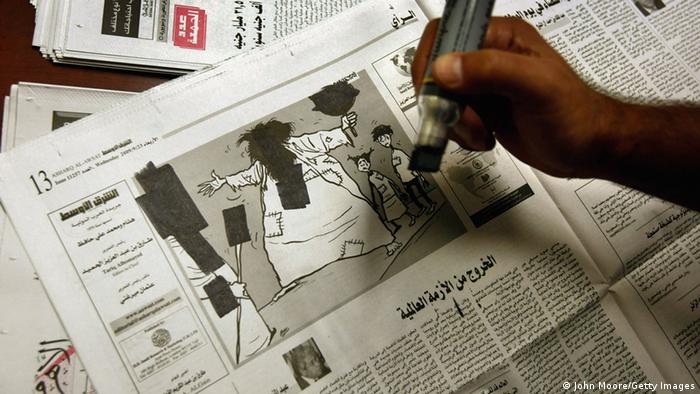
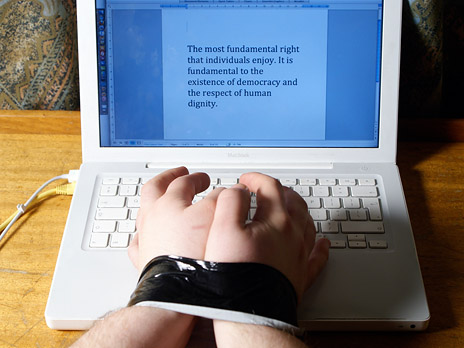
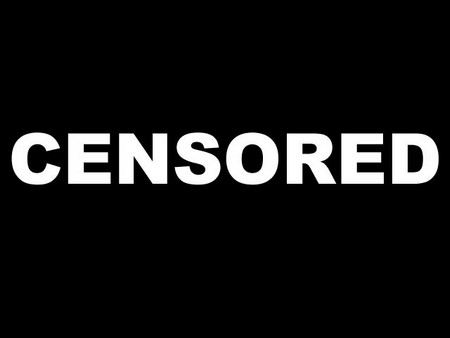



.jpg)

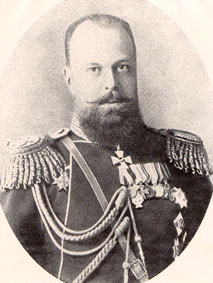




 By itself, the Russian policy is a serious distortion of a common sense and essence of the political process. Still less to fear of government interference, when it is held under the auspices of protecting public morals. It is now known that the so-called "black lists of sites" is in a secret. The public can not get to them a free access, which means that there will not be an adequate civilian control over the censor materials.
By itself, the Russian policy is a serious distortion of a common sense and essence of the political process. Still less to fear of government interference, when it is held under the auspices of protecting public morals. It is now known that the so-called "black lists of sites" is in a secret. The public can not get to them a free access, which means that there will not be an adequate civilian control over the censor materials.


